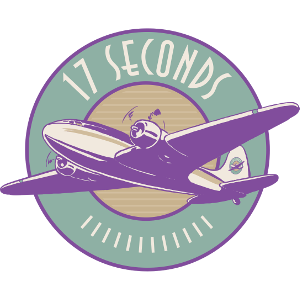17 Seconds #77 – A Publication For Clients And Other VIPs.

Not all of Clocktower’s patent searches result in filed patent applications.
And not all of Clocktower’s filed patent applications result in issued patents.
But one thing that unfiled, filed, and issued patents have in common is that the money that your startup spent on them may qualify for the research & development (R&D) tax credit.
In the early 1980s, the United States was in a recession (https://en.wikipedia.org/wiki/Early_1980s_recession_in_the_United_States). In 1981, the Credit For Increasing Research Activities (AKA the R&D Tax Credit) was enacted into law, and in 2015 Congress made the R&D tax credit a permanent part of the US tax code (https://en.wikipedia.org/wiki/Research_%26_Experimentation_Tax_Credit).
For most companies, the R&D tax credit is worth 7-10% of qualified research expenses each year and can be used to offset income or payroll taxes. Companies across a wide variety of industries are eligible for the R&D tax credit, including engineering, construction, software, technology, life sciences, and food and beverage (e.g. cookie recipes).
Did you conduct a patent search but not file a patent application?
Do you have patents pending?
Do you have issued patents?
If you answered “yes” to any of the above questions, then you should talk to an R&D tax credit expert. One such expert is Brandon Carrol of Leyton. Tell him Clocktower sent you!
P.S. Clocktower believes that we should try to help everyone who contacts us, whether or not they need patent or trademark services, whether or not they need legal services. That belief is embodied in publications such as Clocktower’s “Friends of the Firm” project (http://www.clocktowerlaw.com/friends) and articles like this one. There is no quid pro quo for Clocktower, other than knowing that maybe we helped.
17 Seconds is a publication for clients and other VIPs. Powered by Mailchimp and the beat of a different keyboard player. Click here to subscribe to 17 Seconds.

